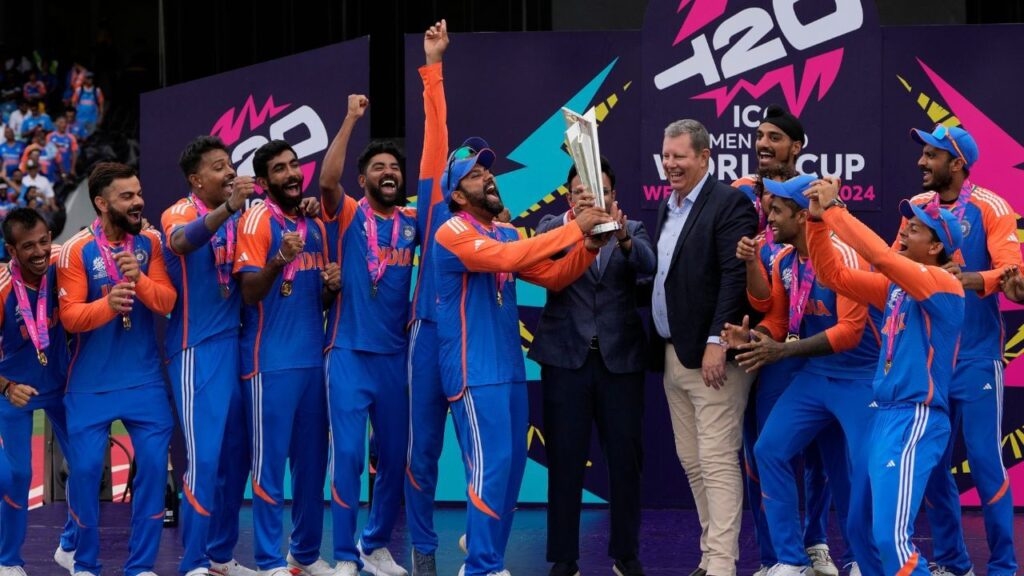The T20 World Cup 2024 proved to be a remarkable event for the Indian cricket team, as they emerged victorious under the leadership of Rohit Sharma. By defeating South Africa in a memorable final held on June 29 in Barbados, India brought an end to an 11-year title drought. This tournament, which took place in the USA and the West Indies, became a memorable experience for Indian fans. However, not everyone benefited from it, leading to a significant appeal to the International Cricket Council (ICC) for a substantial financial claim related to damages.
With multiple matches, including the group stage, Super 8, semi-finals, and the final held in the Caribbean, the tournament marked the first time the World Cup was hosted in the USA. Notably, it was also the first time international cricket was played in New York, where a temporary stadium was set up in Nassau County. Unfortunately, the outcomes of some matches did not meet expectations, creating grievances from the tournament’s broadcaster, Disney-Star, which has now requested a discount of 830 crore rupees (approximately 100 million dollars) from the ICC.
Disney-Star Faces Financial Setbacks
Disney-Star had previously sent two letters to the ICC, formally requesting a discount on their broadcasting deal due to the financial losses incurred from the T20 World Cup matches. Last year, the ICC sold broadcasting rights that Disney-Star acquired for 3 billion dollars (around 25,000 crore rupees). This deal began with the T20 World Cup. In their request, Disney-Star referenced several matches, particularly the anticipated India-Pakistan clash, which did not perform as expected in viewership.
Key Matches Highlighted in the Appeal
In their correspondence, the match between India and Canada, scheduled for June 15 in Lauderhill, received particular emphasis. This encounter was ultimately washed out due to rain, resulting in considerable financial losses for the broadcaster. Additionally, the India-Pakistan match in New York did not deliver the excitement promised by its buildup, ending in a low-scoring affair. Furthermore, the first semi-final match between Afghanistan and South Africa in Trinidad concluded swiftly, lasting only about 20-21 overs, which also disappointed Disney-Star’s expectations. Concerns were raised not just about match outcomes but also about scheduling and the overall marketing of the tournament.
Conclusion
The financial implications of the T20 World Cup 2024 extend beyond just the teams and players. As broadcasters navigate the complexities of viewer expectations and live sports economics, the lessons learned from this tournament will be crucial for future events. As the ICC and Disney-Star approach resolutions, stakeholders will be watching closely to see how cricket’s financial landscape evolves in light of these significant challenges.
